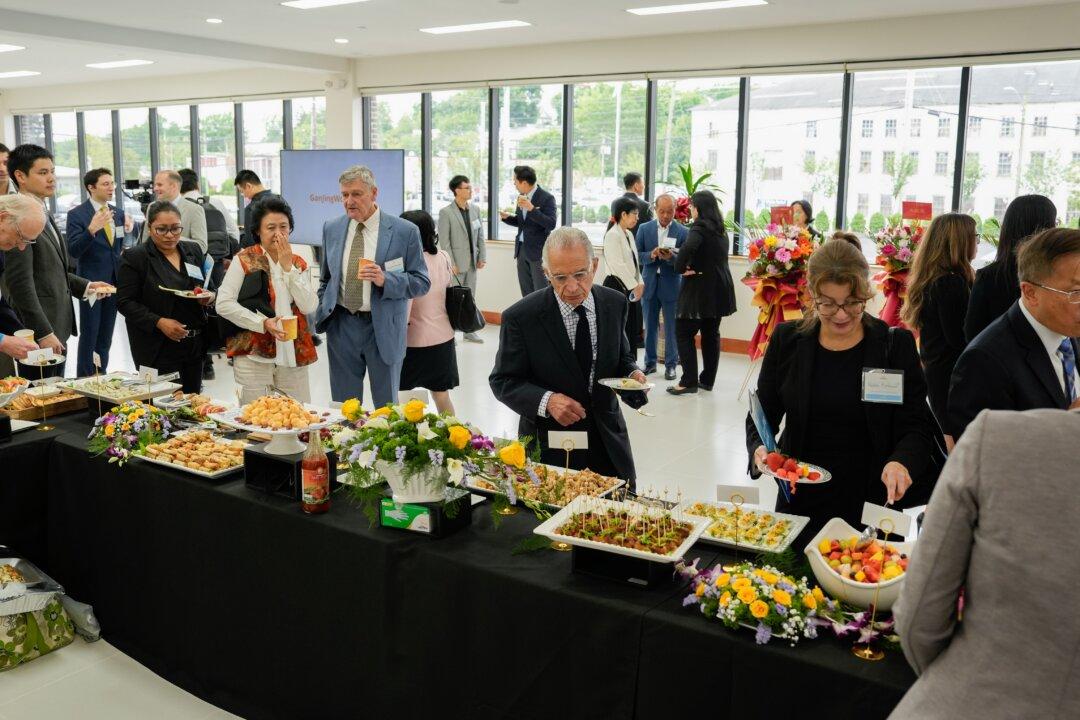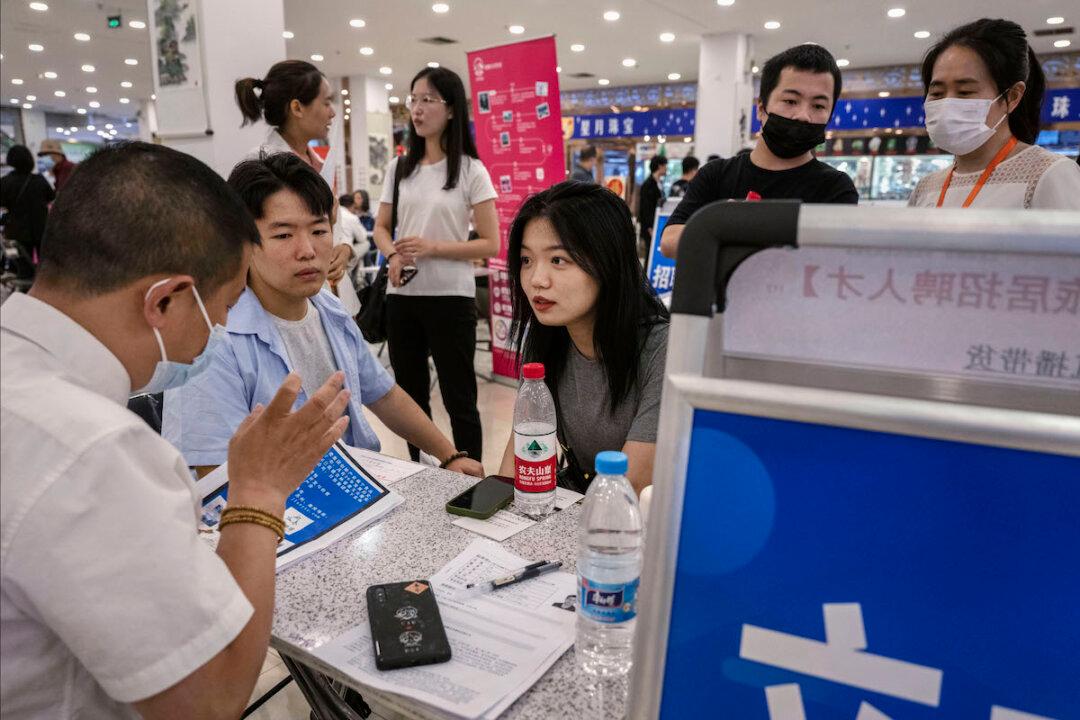As international companies are withdrawing from Russia, the Chinese ambassador to Russia openly encourages small and medium-sized Chinese companies to fill the gaps in the Russian market.
According to a recent news release from the Russian Confucius Culture Promotion Association on its WeChat account, Zhang Hanhui, Chinese ambassador to Russia, convened a meeting in Moscow on March 20, telling the attendees, who were executives of Chinese companies in Russia, that they should seize the current “major opportunity in a time of crisis” and take over the market that others have left behind.





